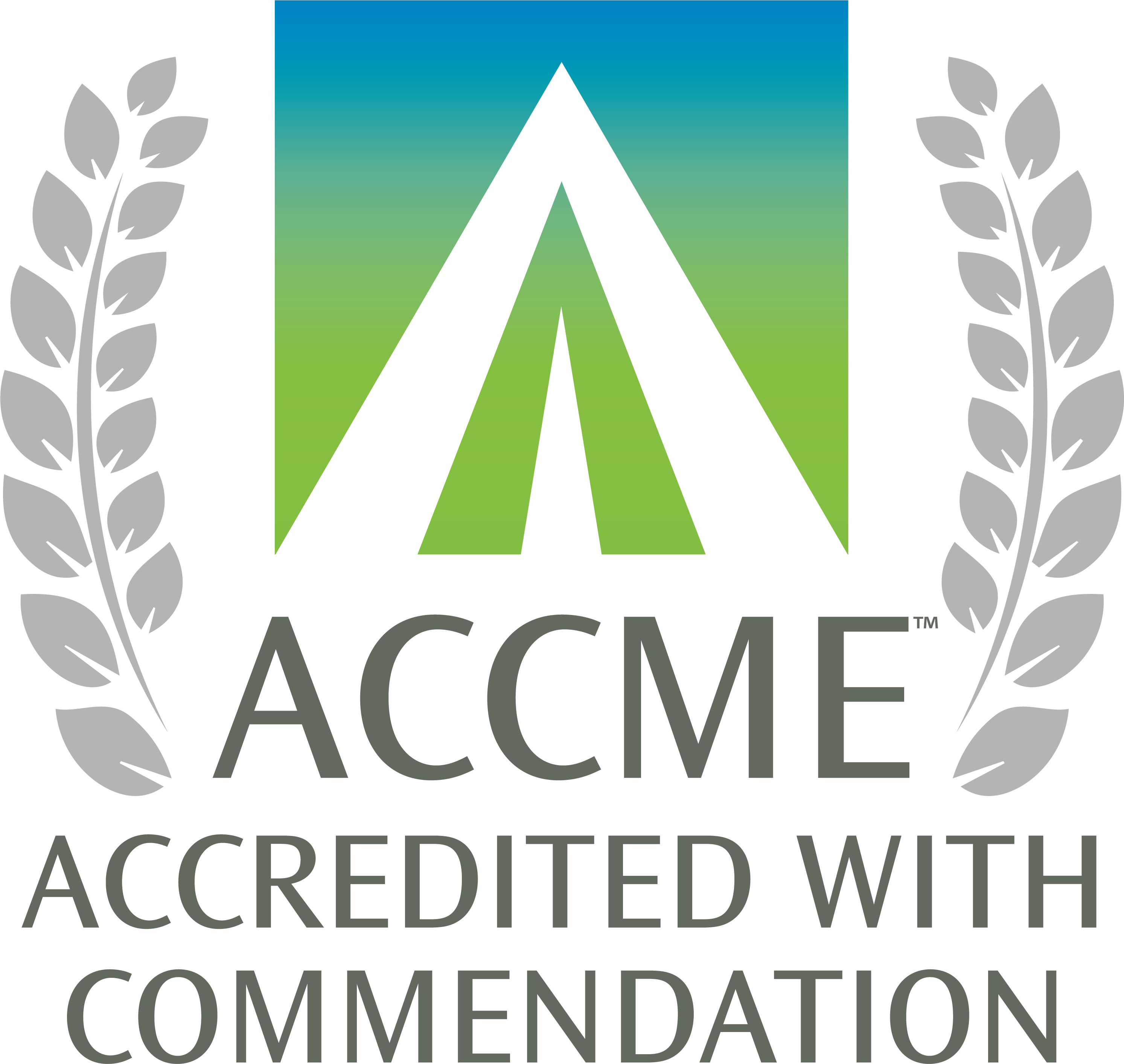FODMAP Module 02: Dietary Management of IBS | Low FODMAP Diet Fundamentals
To begin this activity, click Enroll. Once logged in, learners can access educational content, assessments, and evaluations. Learners who successfully complete the activity will be able to print a certificate.
Module 2:
Dietary Management of IBS | Low FODMAP Diet Fundamentals
Andrea Hardy, RD
- Describe the role of nutrients commonly implicated in the onset of IBS symptoms (e.g. fat, proteins, carbohydrates and fibre).
- Describe chemical structure, absorption patterns and food sources of short chain carbohydrate such as fructose, fructans and lactose.
- Describe the process by which FODMAPs contribute to IBS symptoms.
- Discuss the evidence supporting the role of diets that excluded one of more short chain carbohydrates to control IBS symptoms (e.g. the low lactose diet).
- Discuss concepts of FODMAPs their mechanism of action and evidence supporting the use of this diet in people with IBS.
- What to do if the low FODMAP diet does not work? Discuss dietary management practices for IBS that are not FODMAP related – the low FODMAP diet may help 70-85% of those with IBS, leaving 15-30% that may need other solutions.
This activity has been planned and implemented in accordance with the accreditation requirements and policies of the Accreditation Council for Continuing Medical Education (ACCME) through the joint providership of the University of Michigan Medical School and GI Institute. The University of Michigan Medical School is accredited by the Accreditation Council for Continuing Medical Education (ACCME) to provide continuing medical education for physicians.
The University of Michigan Medical School designates this enduring material for a maximum of 1.00 AMA PRA Category 1 Credit(s) ™. Physicians should claim only the credit commensurate with the extent of their participation in the activity.
Palsson O, Whitehead W, Tornblom H, et al. Prevalence of Rome IV Functional Bowel Disorders Among Adults in the United States, Canada, and the United Kingdom
Gastroenterology 2020;158:1262–1273.
Chey WD, Eswaran S, Kurlander J. Management of Irritable Bowel Syndrome. JAMA 2015; 313(9):949-958.
Agarwal N, Spiegel B. . The Effect of Irritable Bowel Syndrome on Health-Related Quality of Life and Health Care Expenditures. Gastroenterol Clin North Am. 2011;40(1):11-19.
Gralnek IM, Hayes RD, Kilbourne A, et al. The impact of IBS on health-related quality of life. GASTROENTEROL 2000;119:654–660.
Whitehead WE, Palsson O, Jones KR. Systematic review of the comorbidity of irritable bowel syndrome with other disorders: what are the causes and implications?
Gastroenterology. 2002;122:1140-1156.
Levy RL, Olden KW, Naliboff B, et al. Psychosocial aspects of the functional gastrointestinal disorders. Gastroenterology. 2006;130:1447-1458.


